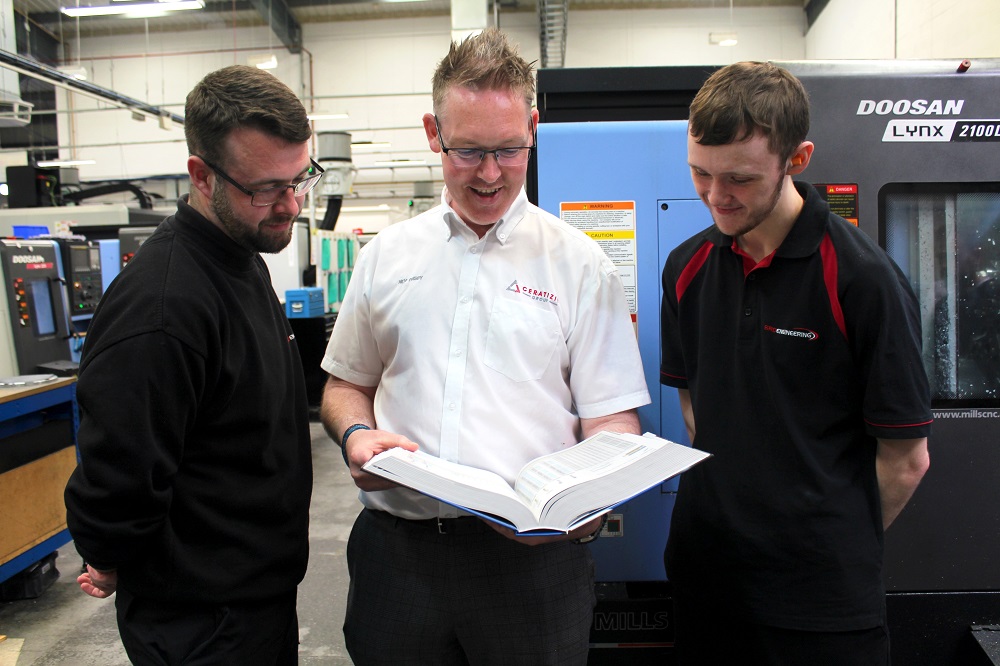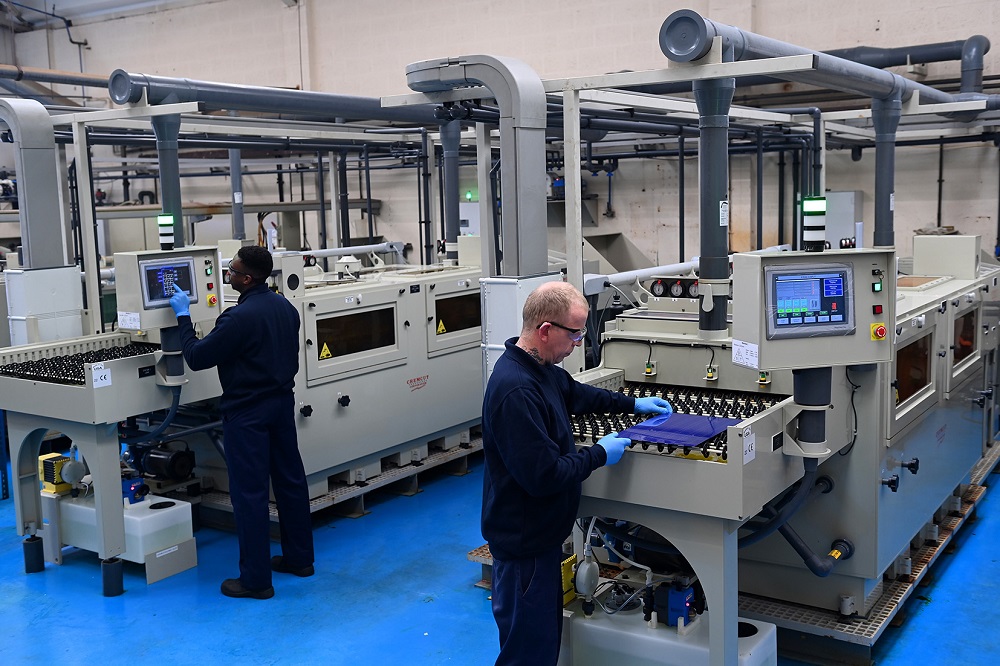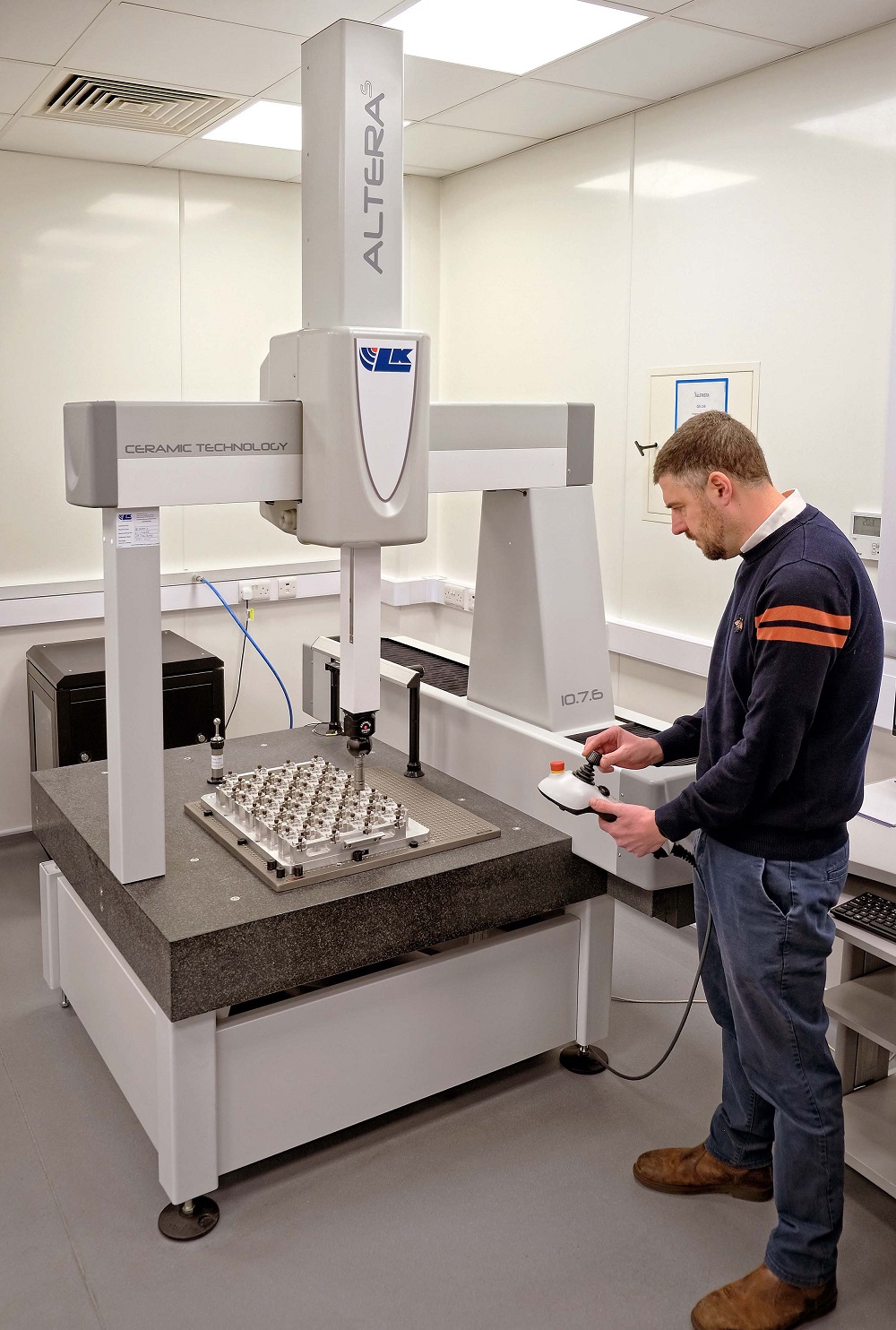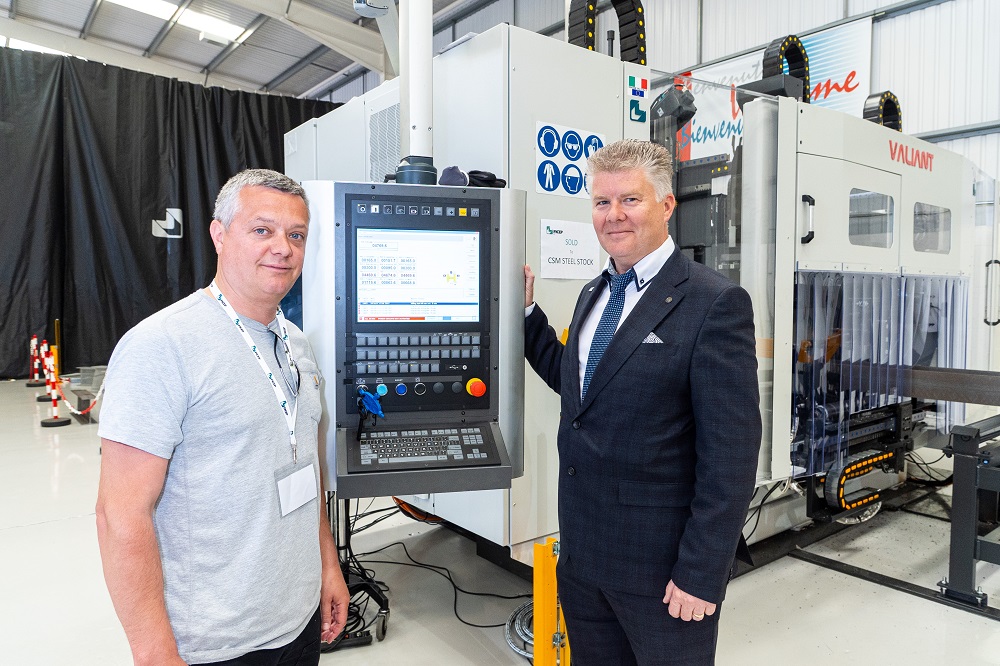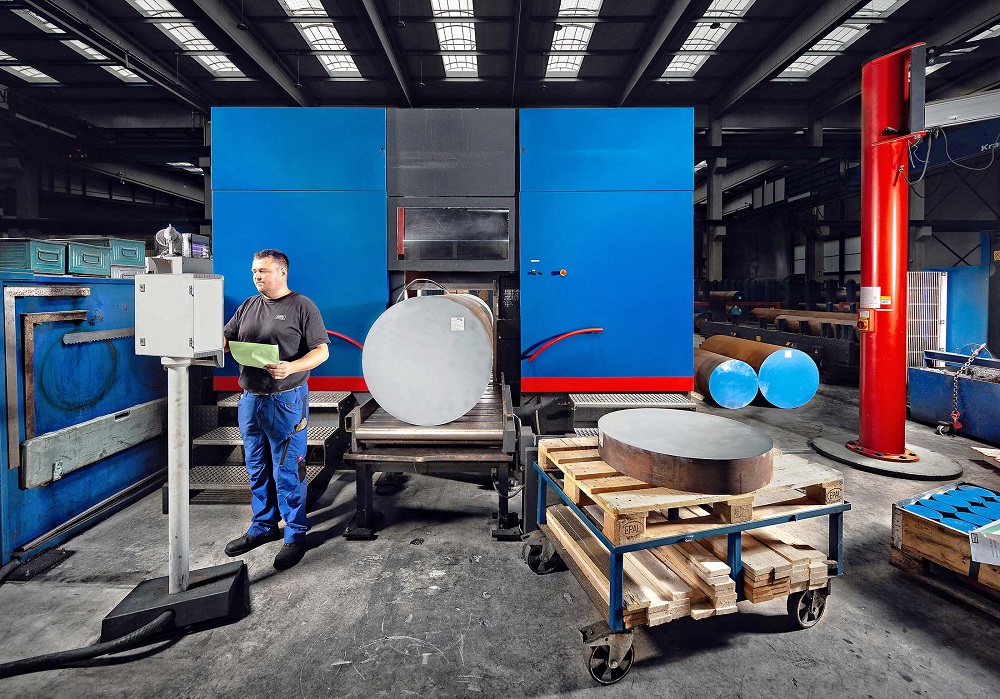The two CNC CMMs Alltrista Plastics had been using 24/7 for more than 10 years at its Christchurch, UK factory had become inefficient. The company was seeing compromises in the accuracy and repeatability of touch-trigger probing due to the age of the machines. Furthermore, the software would sometimes crash, risking a physical collision, damage to the probe and perhaps even to the component. As the plastic medical parts and assemblies produced had become more complex over time, an angled stylus was often required during an inspection cycle, so an operator had to choose from half a dozen pre-set probe configurations, mount one manually and perform calibration. Additionally, the operative would have to sort through different programs on a computer screen to identify and load the correct one.
With the installation of two new Altera S 10.7.6 CMMs manufactured in the UK by LK Metrology, this whole process has been streamlined and automated. LK also provided CAMIO three-axis scanning and reporting software, along with a Renishaw SP25M scanning probe and PH10M motorised indexing head. It is in effect two sensors in one, enabling continuous-path tactile scanning as well as touch-trigger probing of discrete points. Together with a Renishaw matrix plate to allow accurate placement of parts for inspection, the set-up has resulted in a vast improvement in metrology productivity by facilitating the fixturing of samples, speeding measuring cycles and virtually eliminating human intervention and the attendant risk of errors. It would not have been feasible to retrofit scanning capability to the older CMMs, as the cost would have been prohibitive and, in any case, the machines were becoming obsolete.
Alltrista’s quality manager Peter Makosa says: “I operated LK CMMs for several years when working for an aerospace manufacturer, which had standardised on their use. When Alltrista decided to upgrade its quality room, we approached four potential machine providers including the incumbent supplier. LK’s response was by far the most comprehensive. They carried out an online demo on one of our parts and another trial when we visited their headquarters. LK was the only company to initiate a comprehensive on-site survey at our factory to check the feasibility of machine installation.”
He continues: “On the basis of the measurements taken, bearing in mind that LK machines are taller than our previous CMMs, the manufacturer offered to reduce the height of the Altera S models during their build so they would fit comfortably through our doorways and in our refurbished inspection room. What finally clinched our decision to opt for this supplier were the favourable price of the equipment, the knowledgeable engineers that dealt with us throughout the entire sales process, and the company’s reputation for good aftersales service.”
The Christchurch site is one of five Alltrista manufacturing locations, notable for being the first facility within the holding Jadex group to be powered entirely by renewable electricity. The ISO13485-accredited firm specialises in plastic injection moulding of devices such as drug delivery systems, and packaging like contact lens blisters, for the medical, pharmaceutical and nutraceutical industries. The injection moulding machines are mainly housed in one Class 7 and two Class 8 cleanrooms. Medical devices are increasing as a proportion of turnover as well as in variety and production volume, climbing over the past decade from 30% to 50% of throughput and still rising. Another trend is towards ever-tighter drawing tolerances on newly designed products and more stringent GD&T requirements.
A rigorous validation process underpins the manufacture of all products at the Christchurch facility. Typically, at the outset of a new production run, 30 shots containing, say, 15 components each will be run off and checked, with customers requesting a process capability of at least Cpk 1.33 and often 1.67 or 2 (Six Sigma). Tolerances are generally fairly open on plastic items, normally in the range 50 to 100 µm, but any inaccuracy of measurement is undesirable, as it would consume part of the tolerance band. Even more important for validation is a high level of repeatability.
Required also by Alltrista was more data to understand certain features on mouldings, such as the flatness of sealing faces, freeform profiles and chamfers. The use of a Renishaw scanning probe has resulted in an order of magnitude more information to feed back to the production department for fine-tuning toolmaking and manufacturing. It also makes for a much richer report, allowing customers to understand in more detail the manufacturing that is taking place on their behalf. Furthermore, the layout of the reports is much better now, as the previous open Excel spreadsheets have been replaced by locked PDFs generated in CAMIO. They include a colour-coded part-to-CAD comparison showing product conformance, with all the accompanying data, Alltrista logo, date and time.
When the CMMs were installed, LK wrote core programs for inspecting components for four major Alltrista customers and devised a PC screen dashboard so the whole process is menu-driven. The first screen displays an icon for each customer, which when clicked reveals every part that is injection moulded for that company. Clicking on the appropriate icon automatically sends the program to the CMM, whereupon the operator keys in their name, whether it is a standard or first article inspection report, and clicks start.
Before running the program, however, the operator must place an array of components in a known position on the granite table. To facilitate and speed this procedure, LK supplied a Renishaw matrix plate with each Altera S 10.7.6. At no extra cost, the company drilled anchor bolt holes into the granite at non-standard centres to secure the plates from underneath, avoiding retaining clamps projecting from the table surface. Included on-screen in the dashboard, alongside the relevant inspection program, is an SOP showing the operator the exact location across the numbered grid of holes on the matrix plate that the batch of fixtured samples should occupy.
Nobody will ever claim the complete elimination of human fallibility, but this system of positioning components correctly and accurately coupled with LK’s CAMIO system for program instigation, CNC inspection and automatic reporting comes very close to eliminating all potential errors. Having used the new quality control process since March 2022, Makosa describes it as “foolproof”.
The Altera S controllers and CAMIO software were supplied to accept data input from a laser scanning sensor in the future should Alltrista decide that the increasing complexity of its plastic devices requires this further upgrade. For now, though, tactile scanning and touch probing, including with a multi-tip stylus to access the underside of components without probe change, provides sufficient capability and capacity.
For further information www.lkmetrology.com






